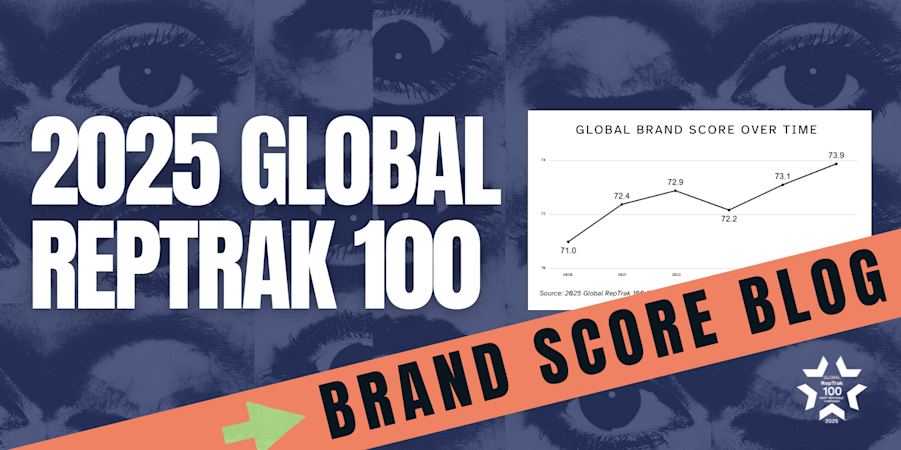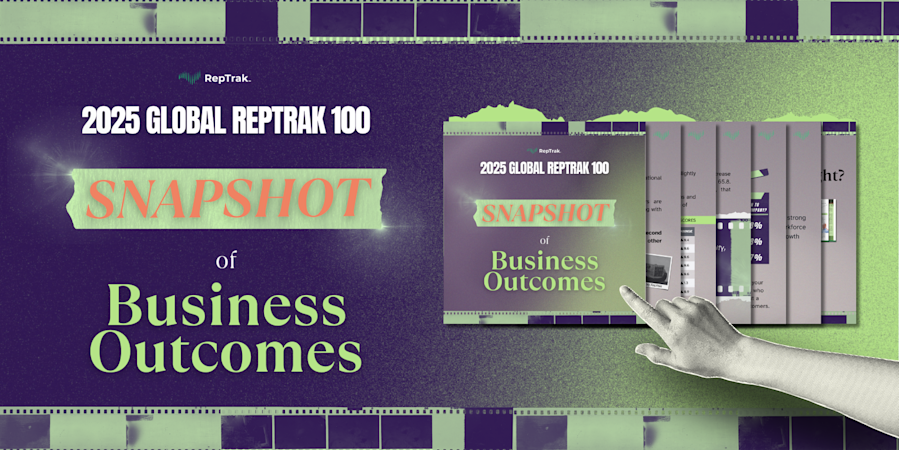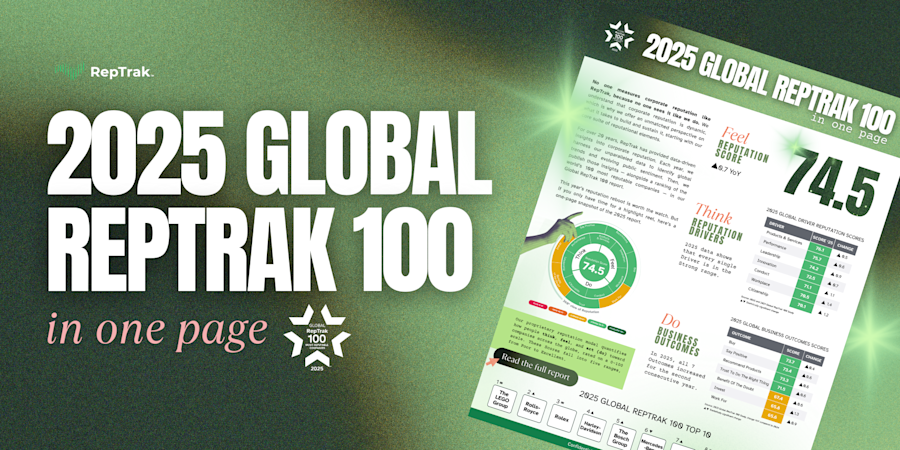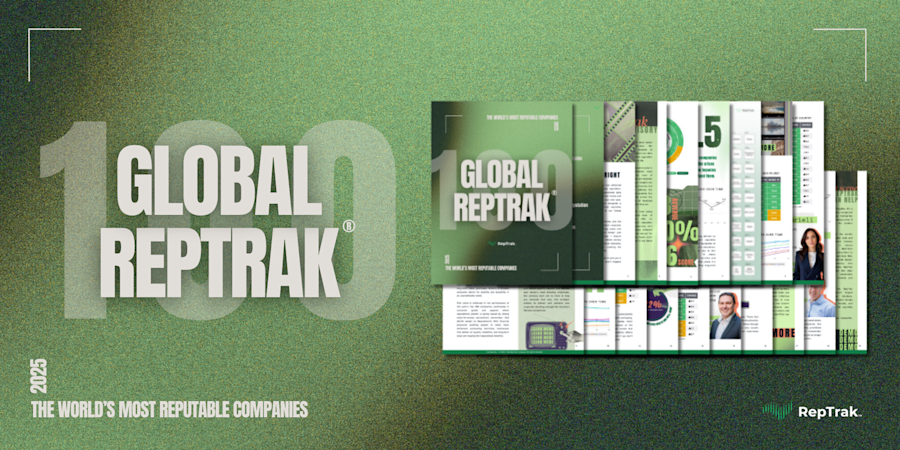Your Brand Purpose Won’t Have Much Value If You Don’t Share It with Stakeholders
Blog Post10 Mar, 2020
Companies and organizations today are realizing that having a clear purpose and acting on it can have a significant effect on many of their important KPIs. Which is a good thing, because stakeholders of all kinds want to know they’re spending their time and money supporting purposeful companies. How can businesses ensure that customers, employees, investors, and other stakeholders are aware of their purpose-driven, ESG-centric activities?
We asked Erin Budde this question. Erin currently serves as the Senior Vice President of Product Strategy for United Way Worldwide, an organization that has been practicing purpose for more than 130 years. There, she is responsible for developing the United Way Network–wide product vision and strategy to increase community impact, grow resources and supporters, and strengthen the brand globally. In addition to her 20 years of executive experience, Erin has also served as a university researcher, urban planner, and fundraising consultant.
Here’s what she had to say about creating alignment around purpose and why it’s important to promote your community-oriented activity in ways that resonate deeply and consistently with your audience.
The RepTrak Company: United Way is an organization where purpose is just part of the DNA of what you do. But why do you think defining and expressing a purpose is so important for companies and organizations right now?
Erin Budde: We’re at a moment in time where the results of technology-driven changes, the creation of communities that are more and more virtual, and resulting individualization has created the need for organizations to connect with individuals in a way that is deeply personal and consistent with their values. Purpose gives individuals a way to understand and connect with the organizations they’re choosing to support and engage with.
The RepTrak Company: There are so many projects that United Way gets involved in. Does it all roll up to the same purpose or does the purpose of the organization itself ever change?
Erin Budde: United Way's mission—our purpose—is to mobilize the caring power of communities to make sure everybody in the community can succeed. That purpose manifests itself by raising the visibility of the needs in our local communities creating opportunities to engage and address those needs through giving, advocating, or volunteering. So, I would say our purpose has stayed consistent. It's the community's needs, and how we mobilize around those needs, that necessarily continues to evolve.
The RepTrak Company: United Way works with a lot of partners. How do you ensure that all your partners are on the same page and you're all working together toward the same purpose and with the same goals?
Erin Budde: United Way has a presence in 40 countries and 1,800 communities. We have three pillars for the work of mobilizing the community to make sure everybody can succeed: education, income, and health. Our Global Results framework, which is a common set of indicators about how communities and United Way are supporting progress on meeting community-related needs around those three pillars, gives us a way to report the impact that United Way and its partners are making. These data and our pillars are important frameworks to aggregate the efforts of hundreds of thousands of donors, partners, and volunteers.
The RepTrak Company: Why is it important for companies promote the good purpose-driven and ESG-centric work they do?
Erin Budde: There is a lot of evidence that speaks to the benefits of an effective purpose-driven strategy—whether it’s pursued through ESG, CSR, or other sustainability or community-focused work. We know that such activity results in better corporate metrics for employee engagement, productivity, and retention. And, those benefits translate to improved economic performance of a company. We also know that purpose driven efforts are correlated to increased reputation and visibility, which can lead to behavioral changes in the way that communities and customers interact with and support a company. But if the community, potential and existing employees, and customers don't know about this activity, getting the benefit of all that work will be severely limited. Companies need to be able to tie purpose in—not just at a superficial level, not just at a marketing level, but in ways that resonate deeply and consistently with their audience in order to realize the total value of their purpose.
The RepTrak Company: You’ve been in a purpose-centric world for 20 years. Can you talk a little bit about how purpose has evolved in that time? And where you see it going?
Erin Budde: Companies have been on a journey in terms of purpose. While many started with community engagement, sponsorship or volunteerism, efforts were often very transactional. But today, there’s been a shift to a more strategic approach that’s aligned with the mission of the company. Which is to say, defining your company’s business and social purpose and aligning activities around it. It's tremendously exciting. And for an organization like United Way, this shift is providing countless opportunities to partner to deliver impact for the company, for our communities, and for our planet, in new and innovative ways. At United Way we call the effort to build impactful and transformational relationships “Shared Purpose.”
To learn more about why purpose and ESG are so important for reputation leaders, download our report on type: asset-hyperlink id: 5cRoMMpsdb8LJK3fPZ9aC3.
Martin Lieberman Director, Content Marketing The RepTrak Company [email protected]






